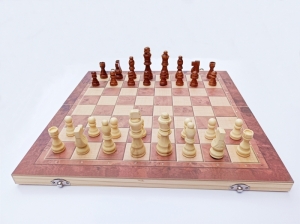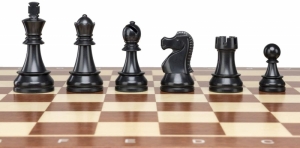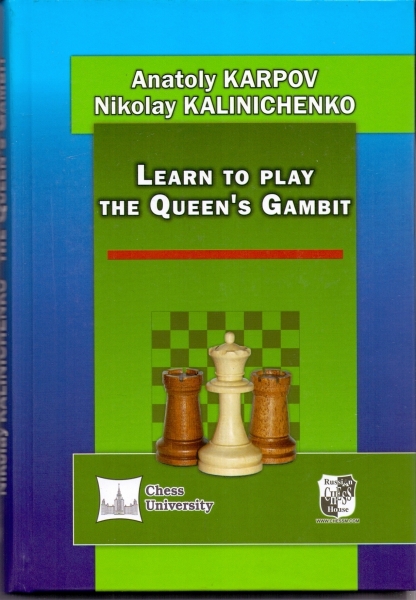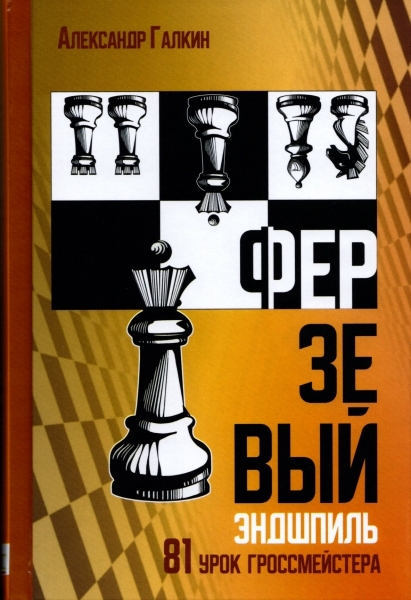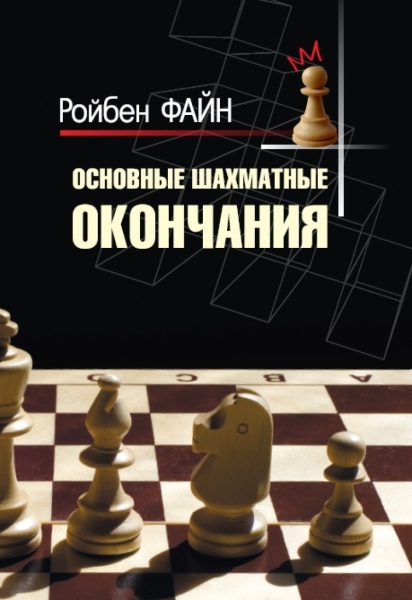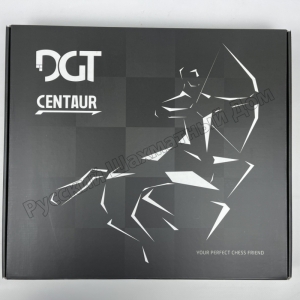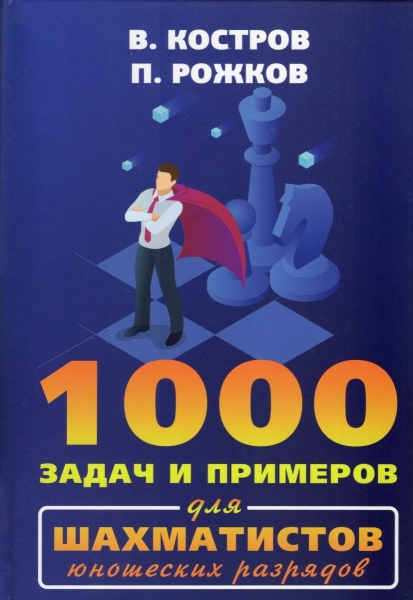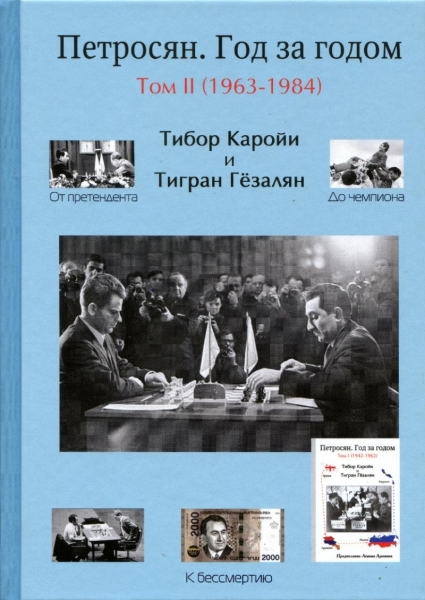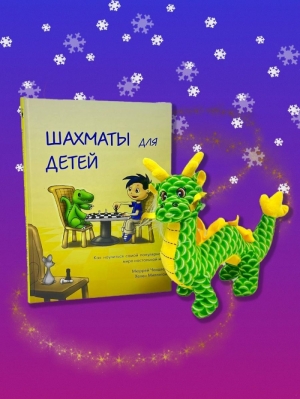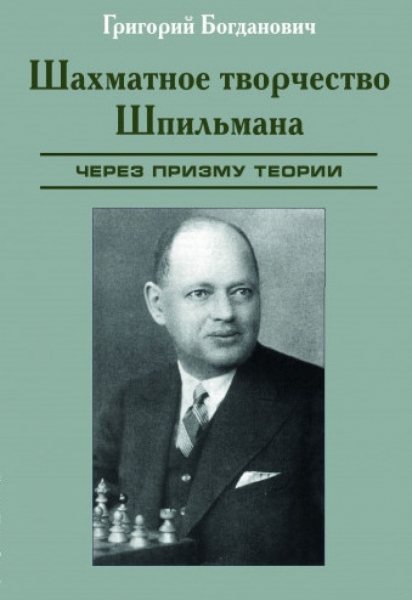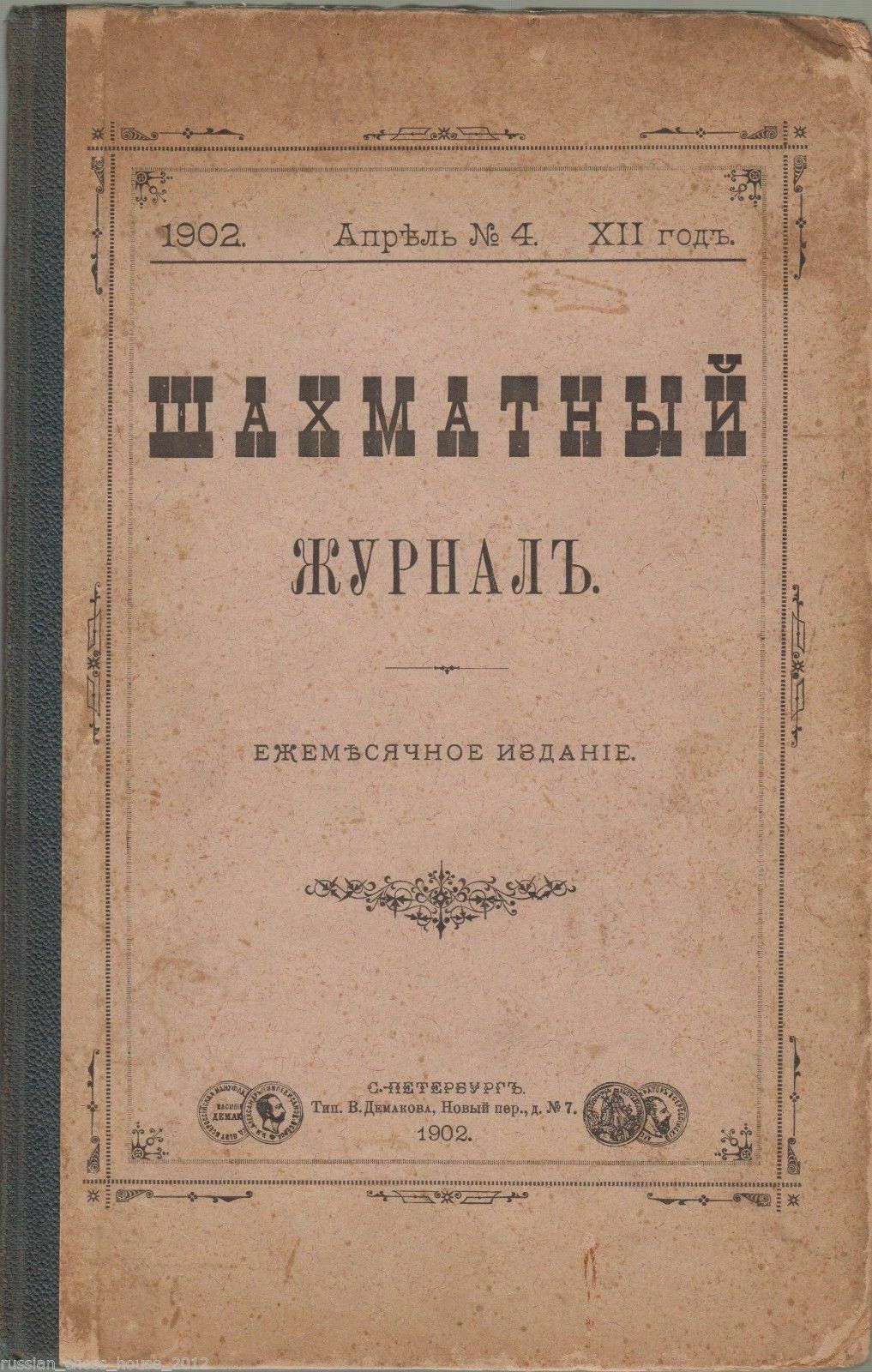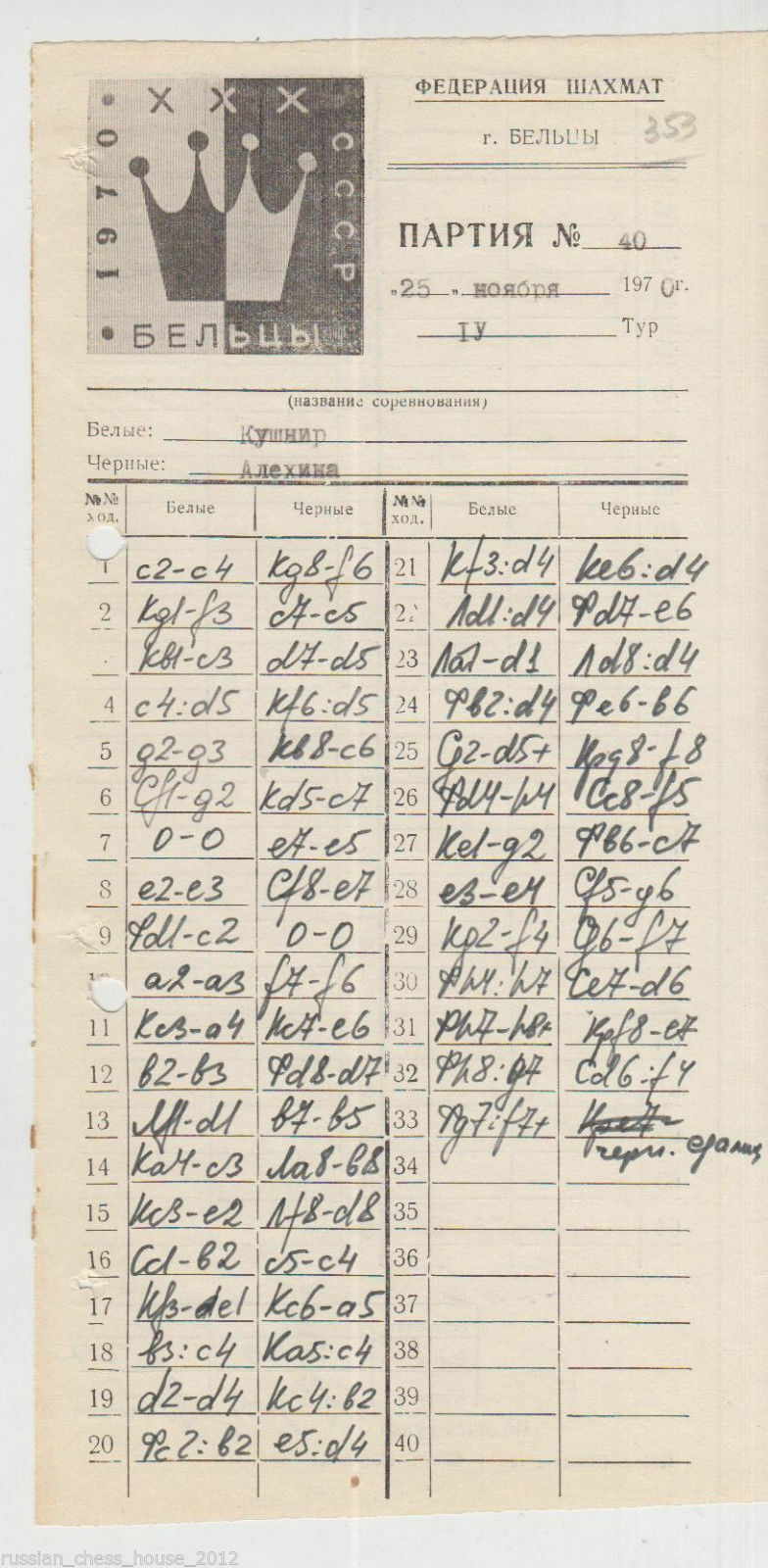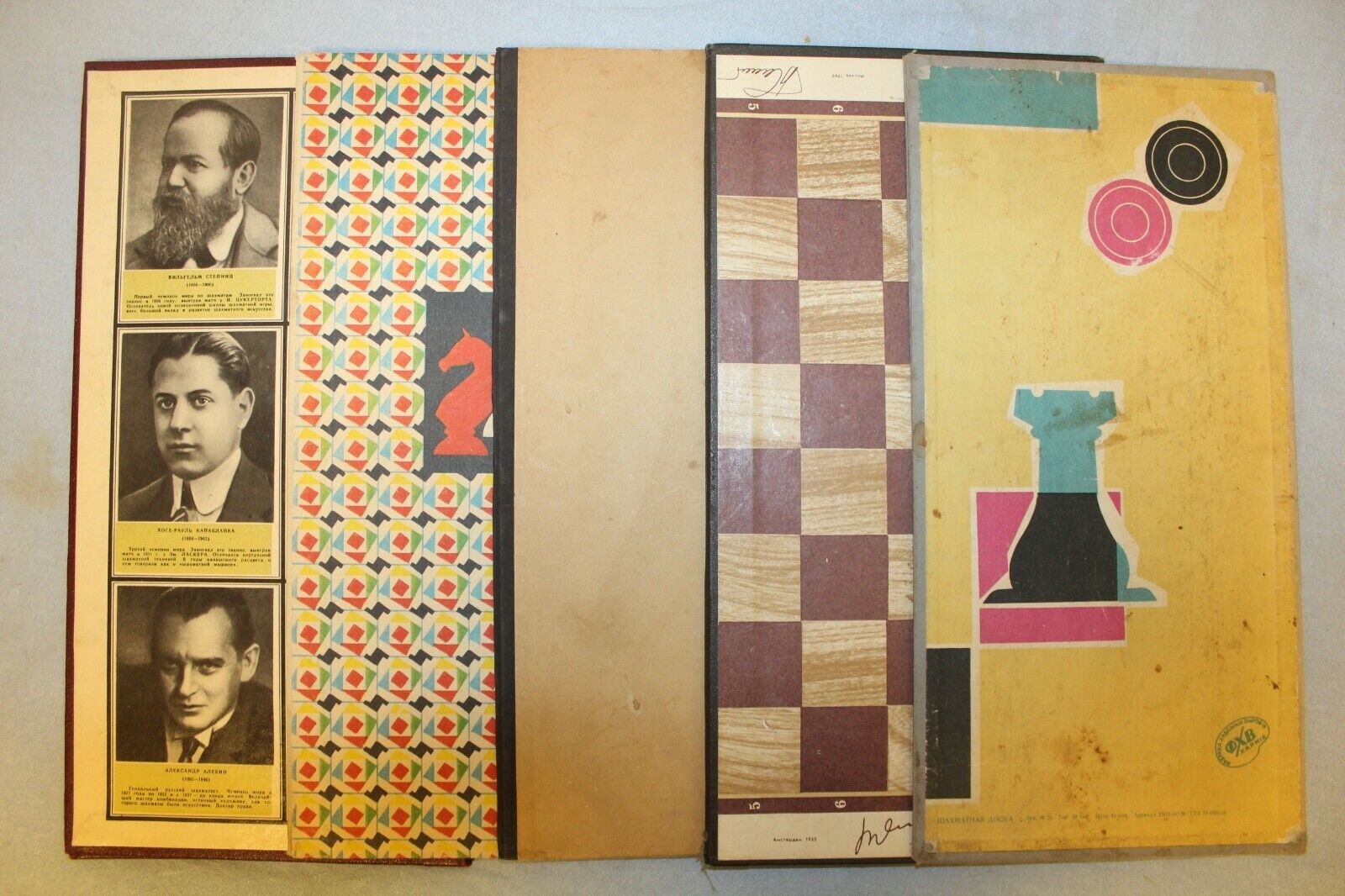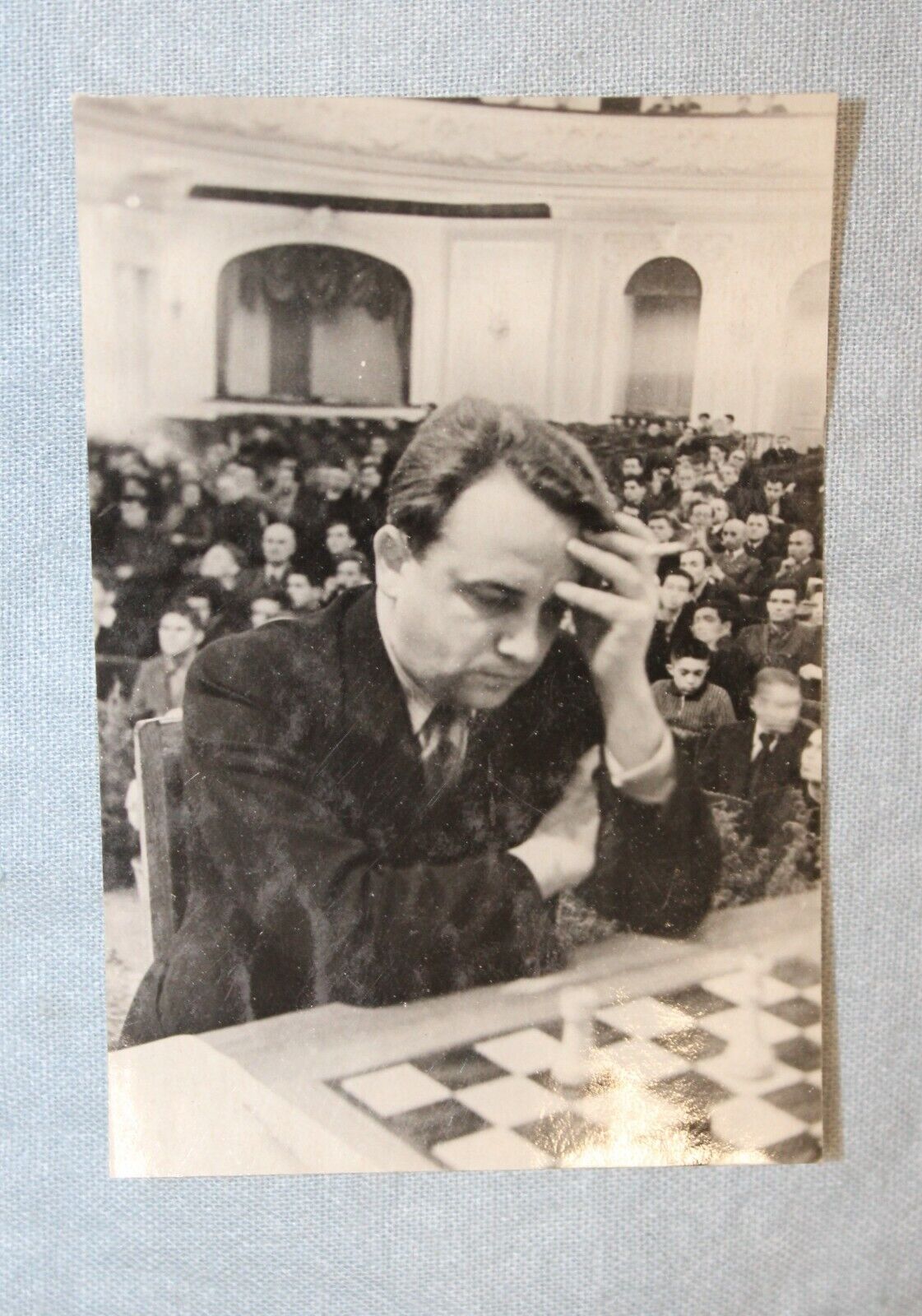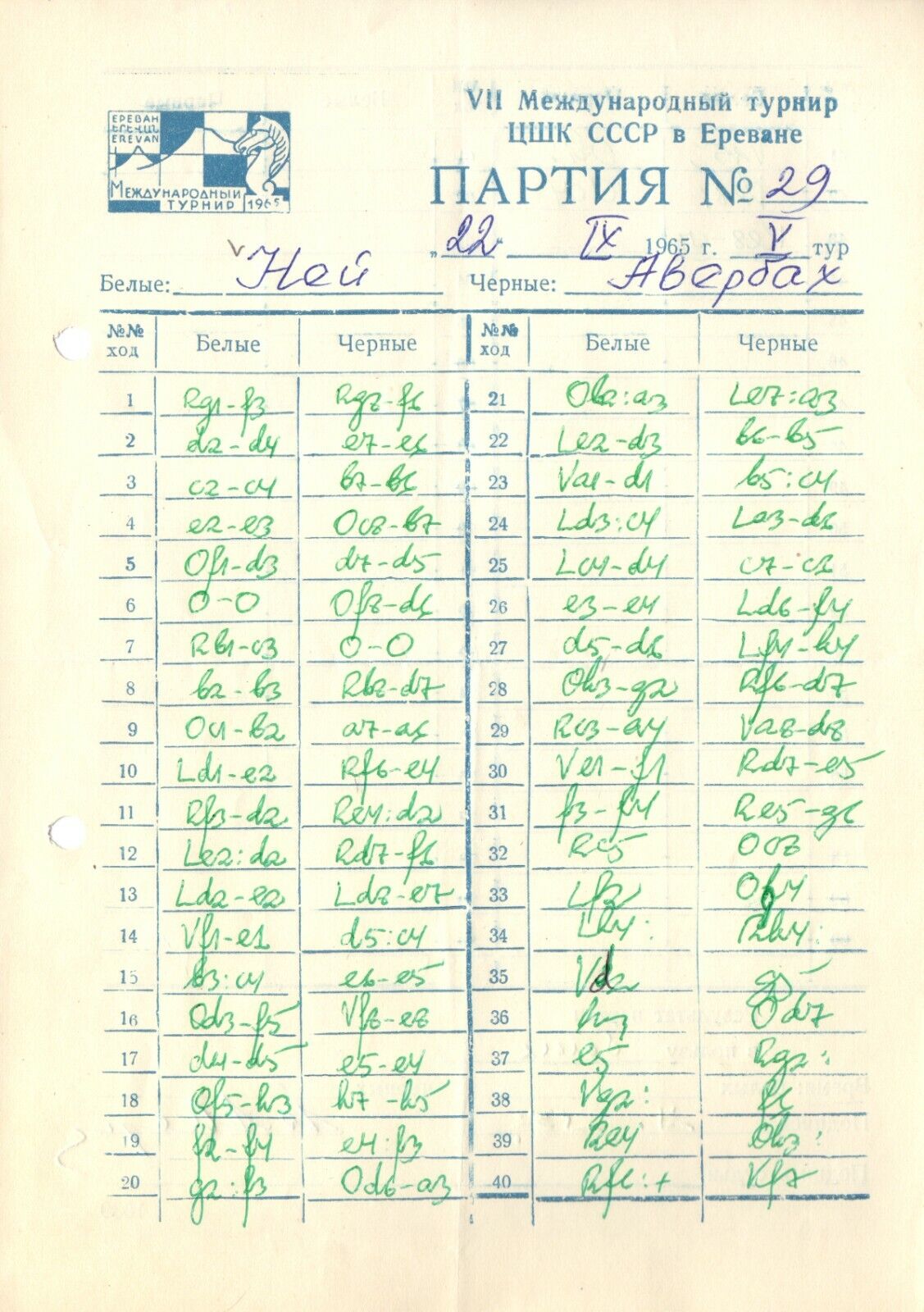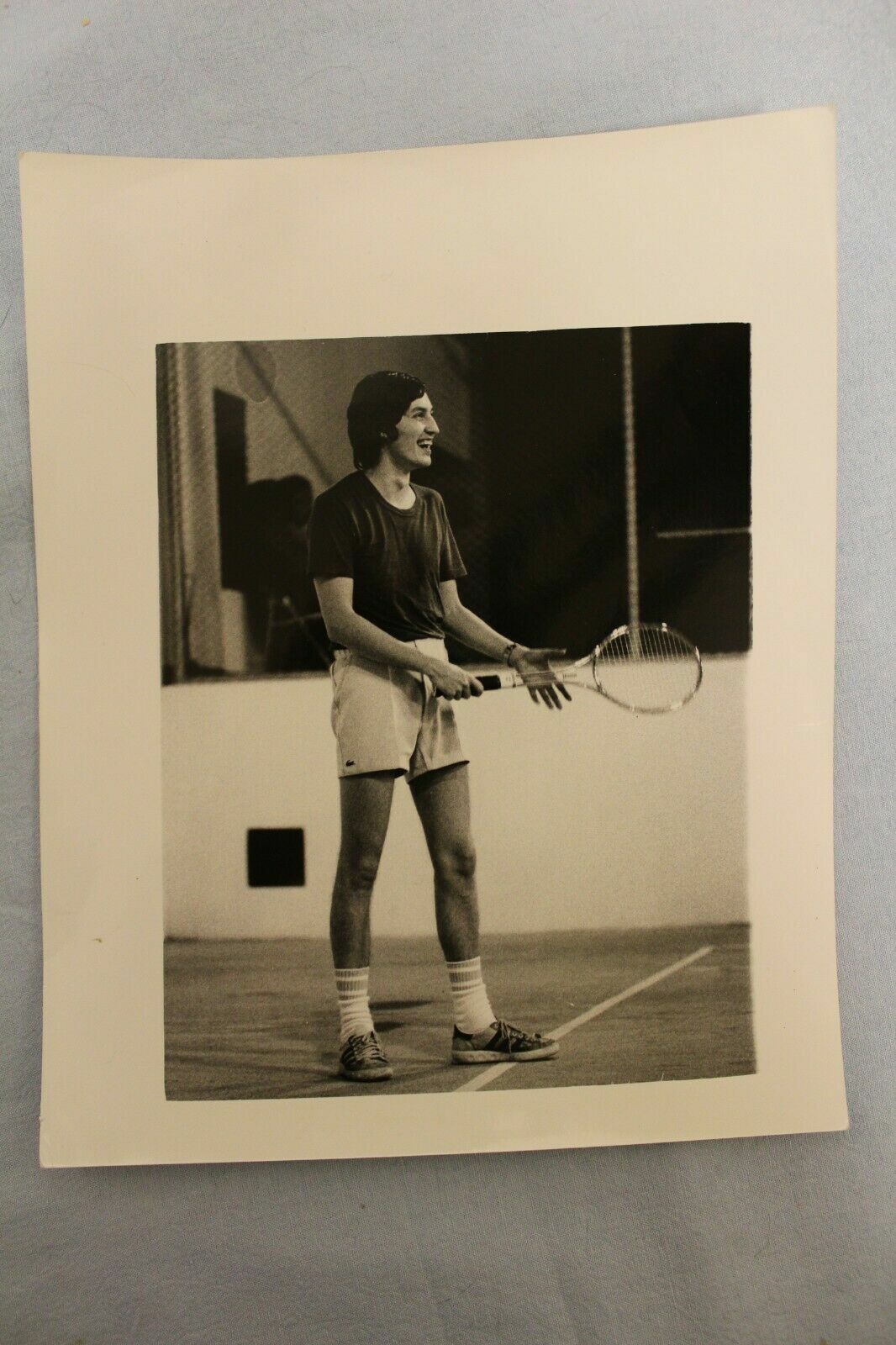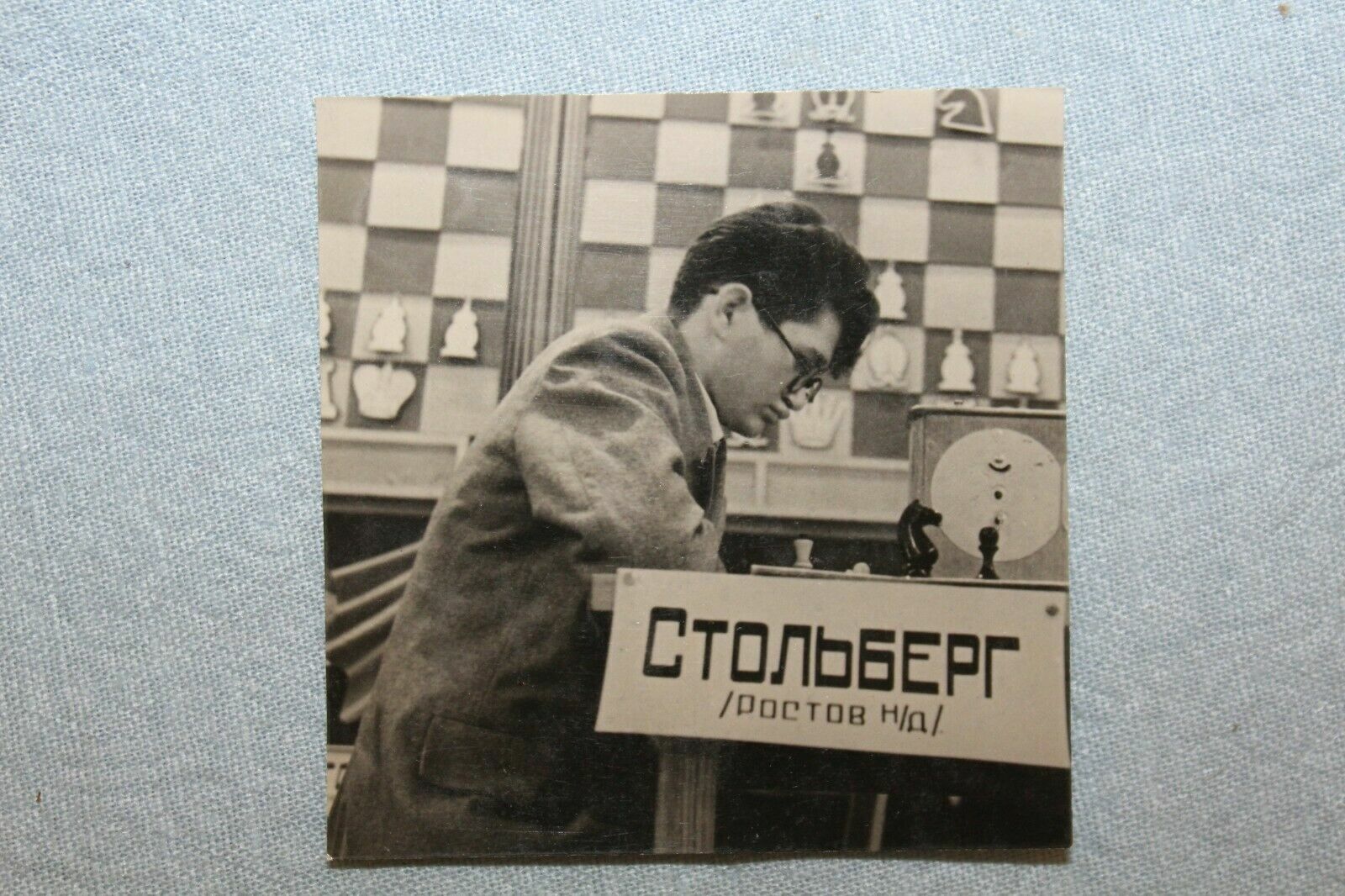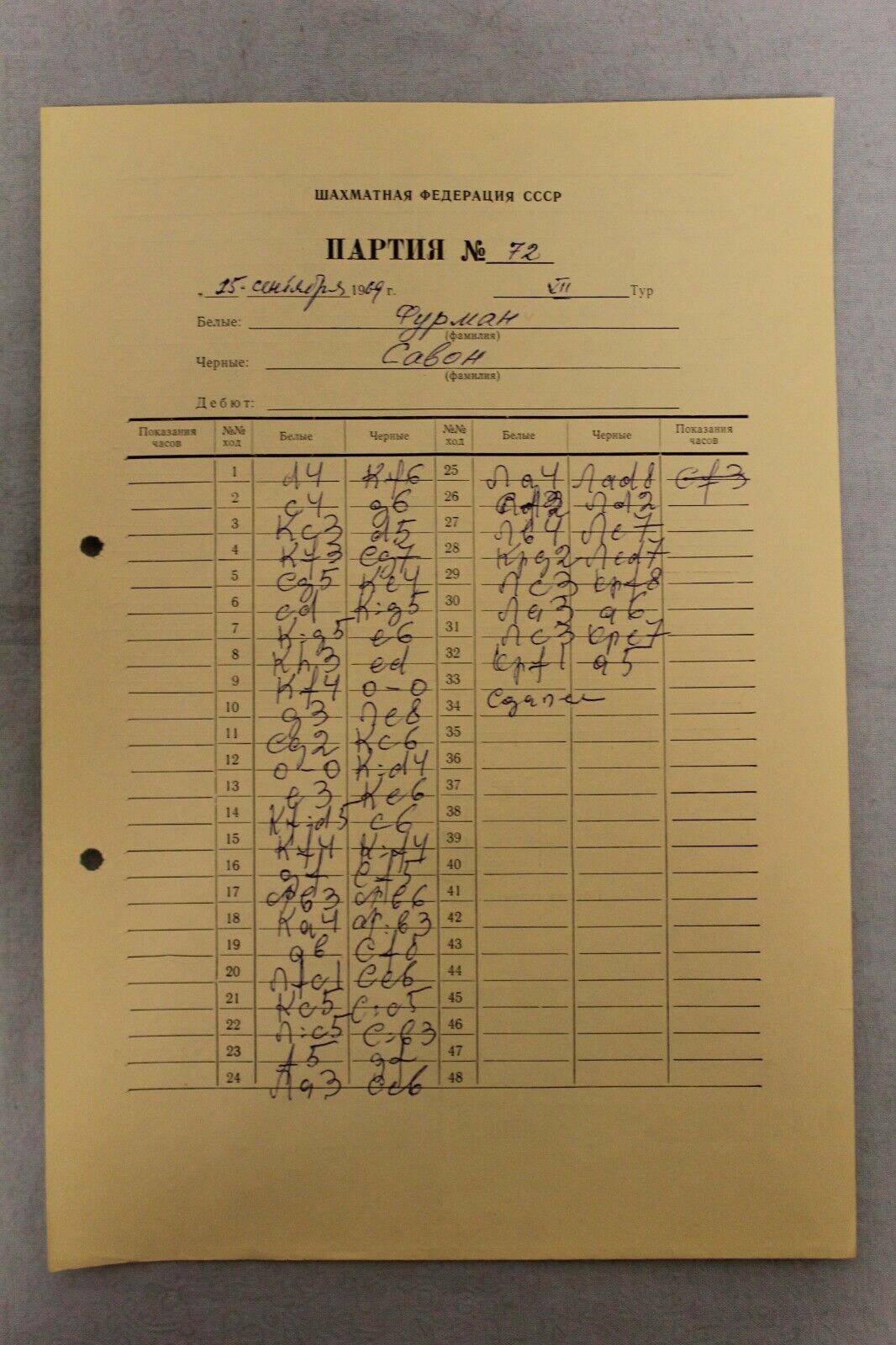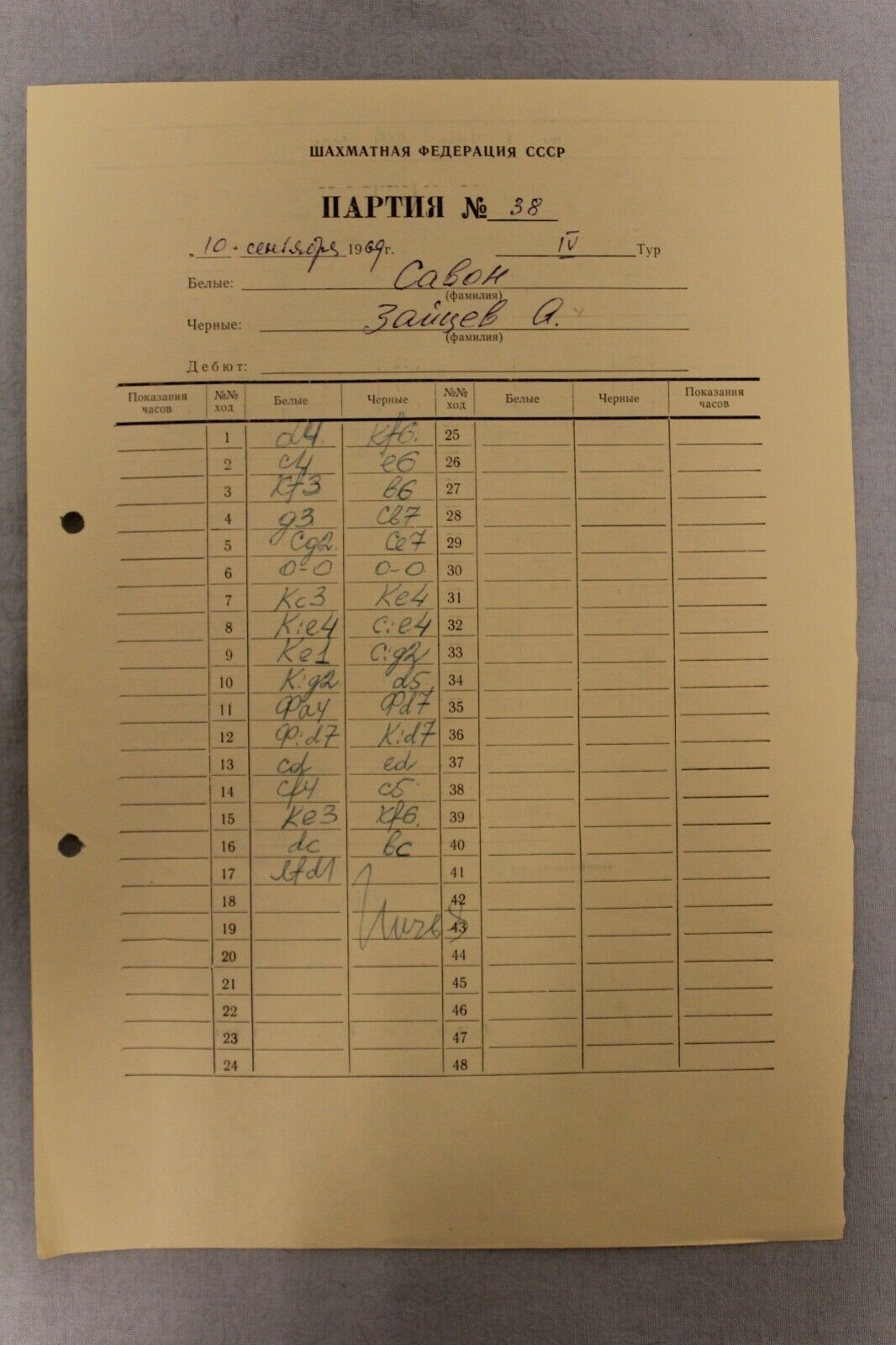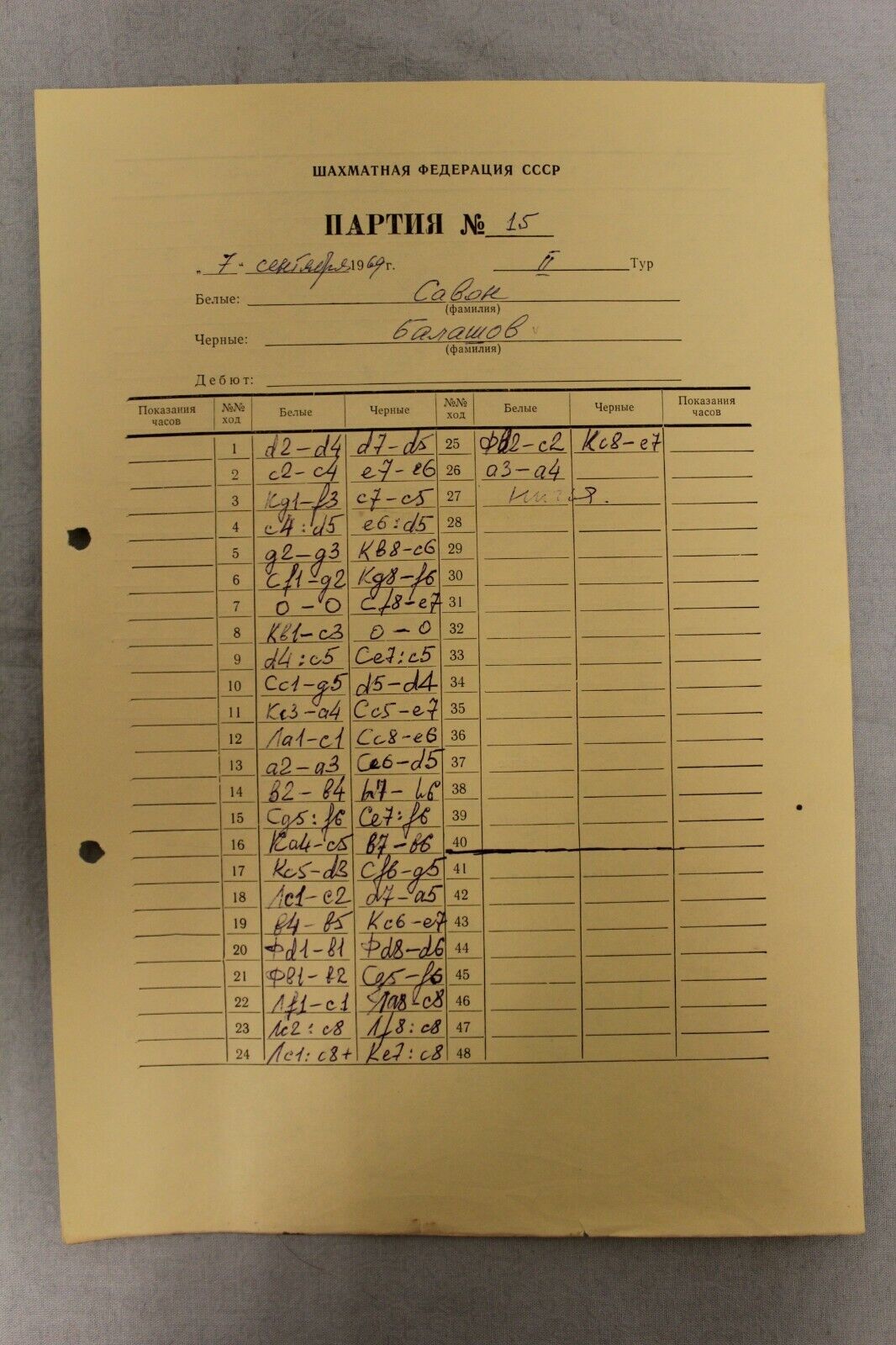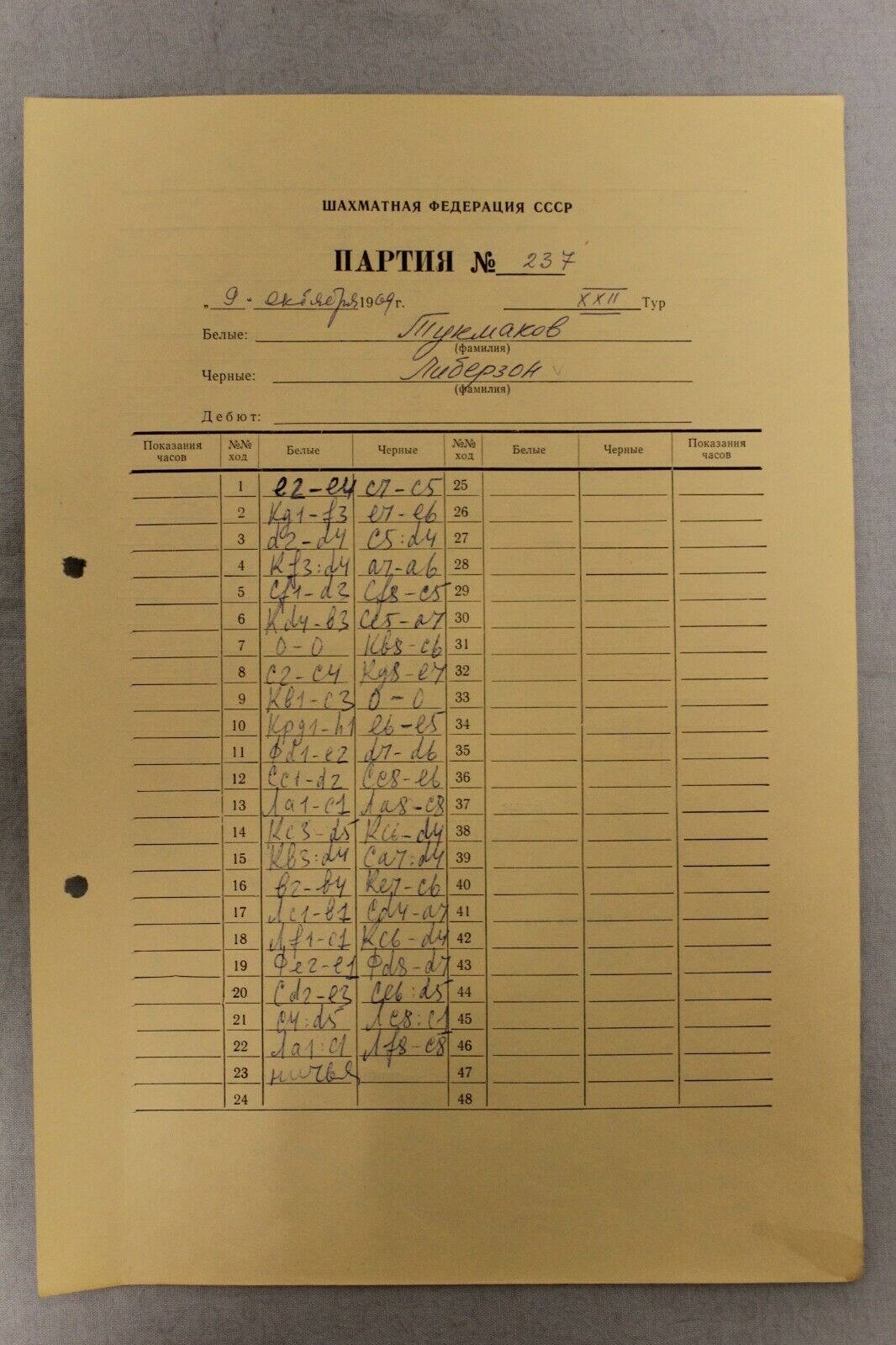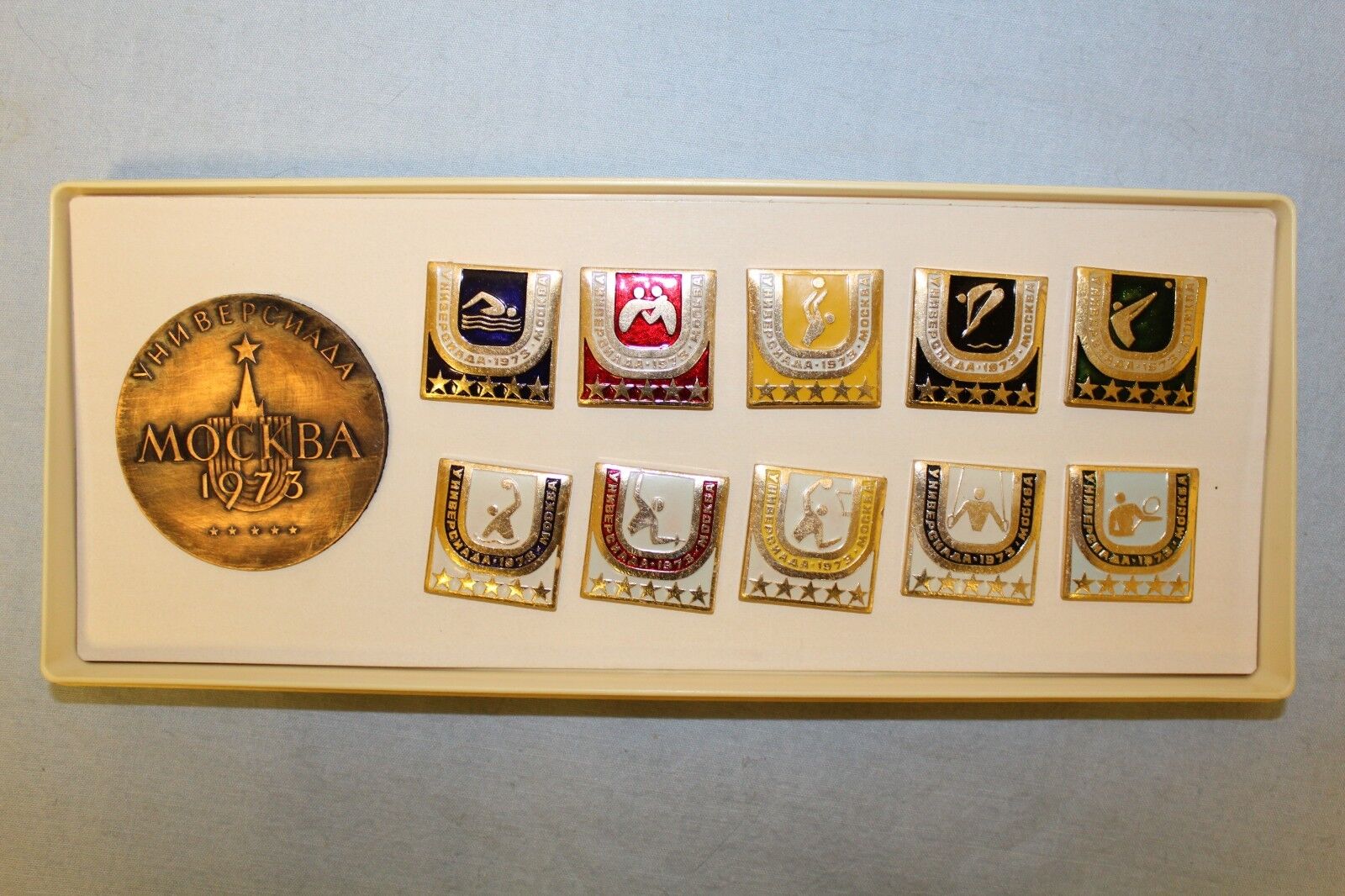eBay items
-
45.00 $
Russian chess book: Chess magazine No.4. April 1902. St.-Petersburg ????????? ??????? ??????????? ??????? ?4. ?????? 1902 ????. ?????-????????? ?????????? ?. ???????? 124 pagesEK33
-
45.00 $
Scoresheet of KushnirAlla Kushnir (August 11, 1941, Moscow - Aug. 2, 2013, Tel Aviv) - Israeli formerly Soviet, chess grandmaster (1976). Honored Master of Sports of the USSR (1972).Champion of the USSR Chess Championship Women (1970). Participant of several championships of the USSR (1958-1970). Three-time winner of the Chess Olympiads (in 1969 and 1972 in the USSR team in 1976 as part of the Israeli team).Competitor for the world championship in 1964-1971, 1976-1978, respectively. Was contender for the title of world champion in chess, but three times yielded to Nona Gaprindashvili.At chess tournaments, she was 2nd (Tbilisi, Sukhumi, 1962), won in Belgrade (1971), 2-3 in Wijk aan Zee, won in Moscow (1971), won in Vrnjacka Banja (1973).The winner of titles WIM (International Master, 1962) and WGM (International Grandmaster, 1976).Immigrated to Israel in 1974.After retiring from the sport engaged in archeology. She was a professor at Tel Aviv University, scientific advisor of Israel Numismatic Society, member of the editorial board of the journal "Israeli numismatic research» (Israel Numismatic Research). ??? - 27 Art PK5
-
45.00 $
Size: approx. 36x36 cm cell – approx. 4x4 cm Material: cardboardАрт ЕК 11
-
45.00 $
Vladimir Mikhailovich Petrov (1908 - 1943) - Latvian and Soviet chess player. Was repressed during the Great Patriotic War. ORIGINAL SOVIET CHESS PHOTO FROM 12TH USSR CHESS CHAMPIONSHIP IN 1940 YEAR. SIZE OF THE PHOTO – 5,5 cm x 8 cm 12TH SOVIET CHESS CHAMPIONSHIP: This is a photograph from the famous 12th Soviet Chess Championship held in the Grand Hall of the Moscow Conservatory from September 4th through October 3rd, 1940. The 12th Soviet Chess Championship was truly a battle of the titans. Outstanding players such as Mikhail Botvinnik, Paul Keres, Vasily Smyslov, Alexander Kotov, Isaac Boleslavsky, Igor Bondarevsky, and Andre Lilienthal took part. This so-called "absolute championship" is rightfully considered one of the strongest USSR chess championships ever held. Here’s an excerpt from Mikhail Botvinnik’s memoirs. "It was a tough tournament. There were many participants and very few off-days. The Grand Hall of the Conservatory has excellent acoustics. The spectators behaved impudently, made a great deal of noise, and clapped all the time. The excellent acoustics only made matters worse. Supposedly, Sergei Prokofiev applauded Keres vigorously after the latter won a game. The other people in his box reprimanded him,, and then the composer remarked, "I have every right to express my feelings." Would my friend Mr. Prokofiev be happy if he were playing a trio and spectators applauding the violinist’s performance drowned out his piano piece? Chess players are in a worse position, though. A pianist can afford to play a few false notes amid booming applause, something a chess player isn’t allowed to do." The results of the 12th Soviet Chess Championship were truly sensational, since two young players, Andre Lilienthal and Igor Bondarevsky, came in first and second, respectively, leaving grandmasters Mikhail Botvinnik and Paul Keres, the tournament favorites, far behind. The unprecedented hype surrounding this tournament matched its historical significance. After all, the unofficial right to contend for the world championship crown, as well as the prestigious title of USSR champion were on the line. "The most difficult and most monumental tournament in which I’ve ever taken part has come to a close," Andre Lilienthal wrote. "I have no reason to be displeased with myself. First off, my win over Botvinnik himself wasn’t too bad. Secondly, I snatched what seemed to be an irrevocably lost point from Bondarevsky in the last round. Thirdly, I managed not to lose a single game. Fourthly, I wound up in the wonderful young company of Bondarevsky and Smyslov at the top of the leaderboard. A decisive match for the title of USSR champion is up next. I have to prepare thoroughly for it, which, first and foremost, means getting some much needed rest." Three months after the tournament was completed, on January 14th, 1991, the Soviet Committee on Physical Culture and Sports issued an order approving the tournament results and awarding Bondarevsky and Lilienthal, the tournament winners, grandmaster titles; however, this order was missing a key point, since it did not mention any sort of match between the two victors. That strange inconsistency came to light a month later when it was decided - through a behind-the-scenes power struggle - that one more tournament for the title of absolute USSR champion would be held, a tournament Mikhail Botvinnik won. Арт ПК7
-
45.00 $
September 22, 1965, VII International Tournament of the Central Chess Club of the USSR in Yerevan 1965 Nei - Averbach Scoresheet of Nei Yuri Averbakh - Soviet chess player, leader of the Russian and international chess movement; international grandmaster, chess composer, international arbiter in chess and chess composition, Honored Master of Sports of the USSR. Champion of the USSR. The oldest living grandmaster in the world. Ivo Nei is an eight-time Estonian champion, three-time winner of the Baltic tournaments (1956, 1961, 1963). In 1964, the USSR Chess Federation granted him the right to play in a major tournament in Beverwijk, and, sharing the first place with Keres, Ney became an international master. Condition: good PK7
-
45.00 $
Photo of the Soviet grandmaster Anatoly Karpov playing tennis Size: approx. 25x20,5 Art PK4
-
45.00 $
MASTER MARK STOLBERG. *After two years of that tournament, in 1942, Mark Stolberg disappeared forever on a World War II. SIZE OF THE PHOTO - approx. 5 cm x 5 cm 12TH SOVIET CHESS CHAMPIONSHIP: This is a photograph from the famous 12th Soviet Chess Championship held in the Grand Hall of the Moscow Conservatory from September 4th through October 3rd, 1940. The 12th Soviet Chess Championship was truly a battle of the titans. Outstanding players such as Mikhail Botvinnik, Paul Keres, Vasily Smyslov, Alexander Kotov, Isaac Boleslavsky, Igor Bondarevsky, and Andre Lilienthal took part. This so-called "absolute championship" is rightfully considered one of the strongest USSR chess championships ever held. Heres an excerpt from Mikhail Botvinniks memoirs. "It was a tough tournament. There were many participants and very few off-days. The Grand Hall of the Conservatory has excellent acoustics. The spectators behaved impudently, made a great deal of noise, and clapped all the time. The excellent acoustics only made matters worse. Supposedly, Sergei Prokofiev applauded Keres vigorously after the latter won a game. The other people in his box reprimanded him,, and then the composer remarked, "I have every right to express my feelings." Would my friend Mr. Prokofiev be happy if he were playing a trio and spectators applauding the violinists performance drowned out his piano piece? Chess players are in a worse position, though. A pianist can afford to play a few false notes amid booming applause, something a chess player isnt allowed to do." The results of the 12th Soviet Chess Championship were truly sensational, since two young players, Andre Lilienthal and Igor Bondarevsky, came in first and second, respectively, leaving grandmasters Mikhail Botvinnik and Paul Keres, the tournament favorites, far behind. The unprecedented hype surrounding this tournament matched its historical significance. After all, the unofficial right to contend for the world championship crown, as well as the prestigious title of USSR champion were on the line. "The most difficult and most monumental tournament in which Ive ever taken part has come to a close," Andre Lilienthal wrote. "I have no reason to be displeased with myself. First off, my win over Botvinnik himself wasnt too bad. Secondly, I snatched what seemed to be an irrevocably lost point from Bondarevsky in the last round. Thirdly, I managed not to lose a single game. Fourthly, I wound up in the wonderful young company of Bondarevsky and Smyslov at the top of the leaderboard. A decisive match for the title of USSR champion is up next. I have to prepare thoroughly for it, which, first and foremost, means getting some much needed rest." Three months after the tournament was completed, on January 14th, 1991, the Soviet Committee on Physical Culture and Sports issued an order approving the tournament results and awarding Bondarevsky and Lilienthal, the tournament winners, grandmaster titles; however, this order was missing a key point, since it did not mention any sort of match between the two victors. That strange inconsistency came to light a month later when it was decided - through a behind-the-scenes power struggle - that one more tournament for the title of absolute USSR champion would be held, a tournament Mikhail Botvinnik won. Art PK4
-
45.00 $
Semen Furman – Vladimir Savon. Score sheet of Furman Soviet chess score sheet from the 37th Chess Championship wich was held in Moscow September 6 – October 12 1969. Tigran Petrosyan won an additional match for the title of champion (Moscow, January 19-29, 1970). The championship was also a fide zonal tournament. Polugaevsky, Geller, Smyslov and Taimanov won the right to participate in the interzonal tournament. The latter in the final round effectively won his "party of life" from LutikovАрт ПК 2
-
45.00 $
Vladimir Savon – Aleksandr Zaitsev. Score sheet of A.Zaitsev Soviet chess score sheet from the 37th Chess Championship wich was held in Moscow September 6 – October 12 1969. Tigran Petrosyan won an additional match for the title of champion (Moscow, January 19-29, 1970). The championship was also a fide zonal tournament. Polugaevsky, Geller, Smyslov and Taimanov won the right to participate in the interzonal tournament. The latter in the final round effectively won his "party of life" from LutikovАрт ПК 2
-
45.00 $
Vladimir Savon – Yuri Balashov. Score sheet of Balashov Soviet chess score sheet from the 37th Chess Championship which was held in Moscow September 6 – October 12 1969. Tigran Petrosyan won an additional match for the title of champion (Moscow, January 19-29, 1970). The championship was also a fide zonal tournament. Polugaevsky, Geller, Smyslov and Taimanov won the right to participate in the interzonal tournament. The latter in the final round effectively won his "party of life" from LutikovАрт ПК 2
-
45.00 $
Vladimir Tukmakov – Vladimir Liberzon. Score sheet of Liberzon Soviet chess score sheet from the 37th Chess Championship wich was held in Moscow September 6 – October 12 1969. Tigran Petrosyan won an additional match for the title of champion (Moscow, January 19-29, 1970). The championship was also a fide zonal tournament. Polugaevsky, Geller, Smyslov and Taimanov won the right to participate in the interzonal tournament. The latter in the final round effectively won his "party of life" from LutikovАрт ПК 2
-
45.00 $
10 Soviet University Game Badges (pins) and 1 medal. Moscow, 1973 in the gift box.Size of the pin: 3x3 cm medal: 6 cm in diameter Box size: 27x11x2.5 cm
-
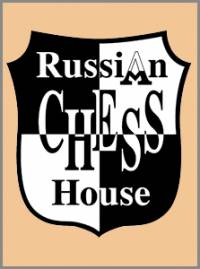 The life of a chess player in the system. Memories of the grandmaster
Author:
The life of a chess player in the system. Memories of the grandmaster
Author:
Averbah 45.00 $ -
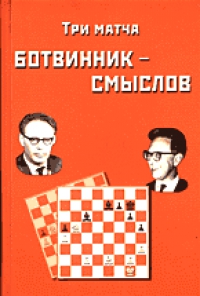 Три матча Ботвинник-Смыслов
Author:
Три матча Ботвинник-Смыслов
Author:
Botvinnik 45.00 $ -
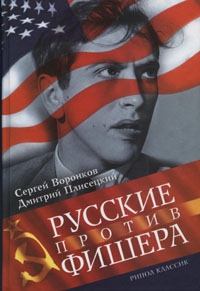 Russians vs Fisher
Author:
Russians vs Fisher
Author:
Voronkov 65.00 $ -
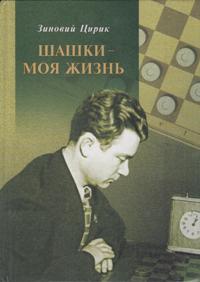 Checkers is my life
Author:
Checkers is my life
Author:
Ciric 87.50 $ -
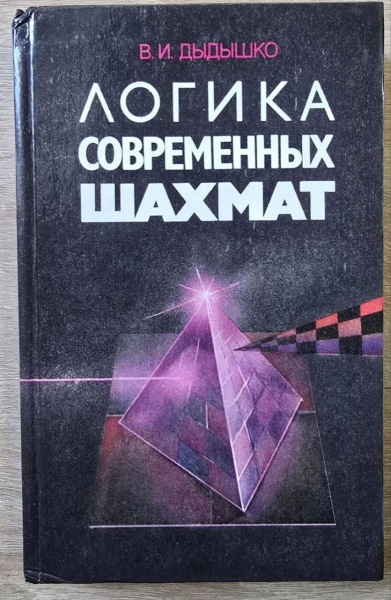 The logic of modern chess
Author:
The logic of modern chess
Author:
Dydyshko 72.50 $ -
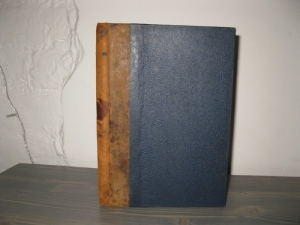 Siegbert Tarrasch. The Queen
Author:
Siegbert Tarrasch. The Queen
Author:
Tarrash 72.50 $ -
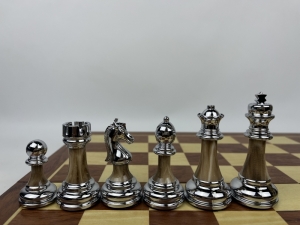 High quality acrylic metal heavy chess pieces with wooden board
202.50 $
High quality acrylic metal heavy chess pieces with wooden board
202.50 $
-
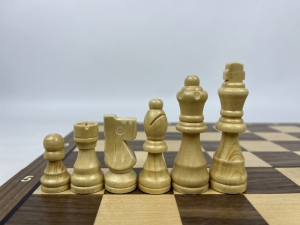 Wooden magnetic Staunton chess with a lock (silver)
56.25 $
Wooden magnetic Staunton chess with a lock (silver)
56.25 $
-
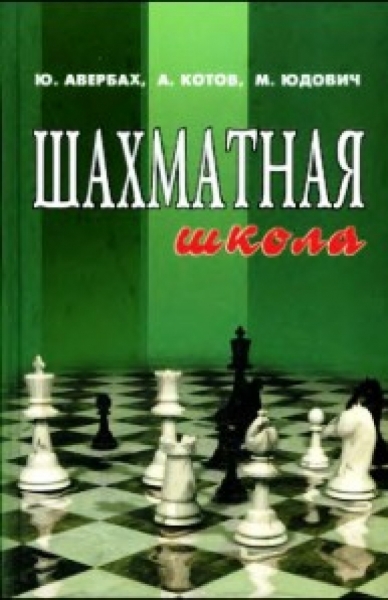 Chess school
Author:
Chess school
Author:
Averbah 15.00 $ -
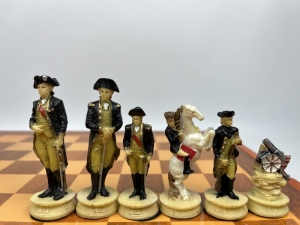 The chess set of The Chessmen. US war - Great Britain
325.00 $
The chess set of The Chessmen. US war - Great Britain
325.00 $
 Русский
Русский  Английский
Английский 